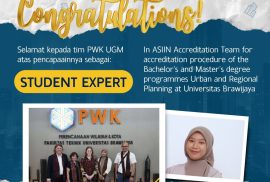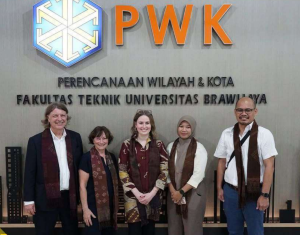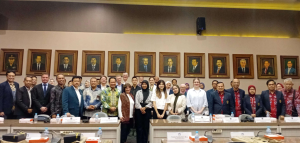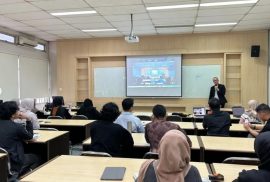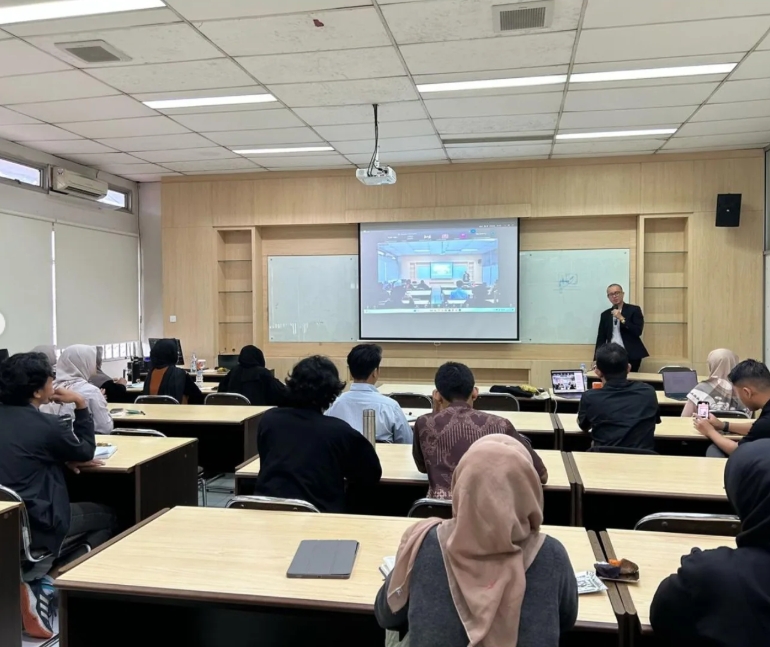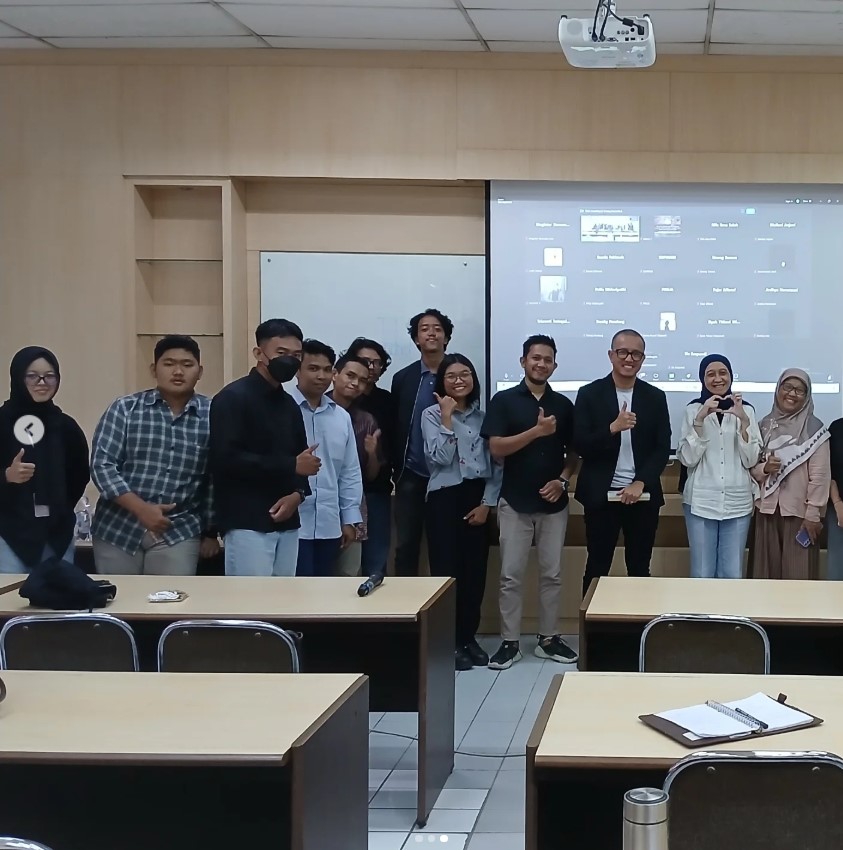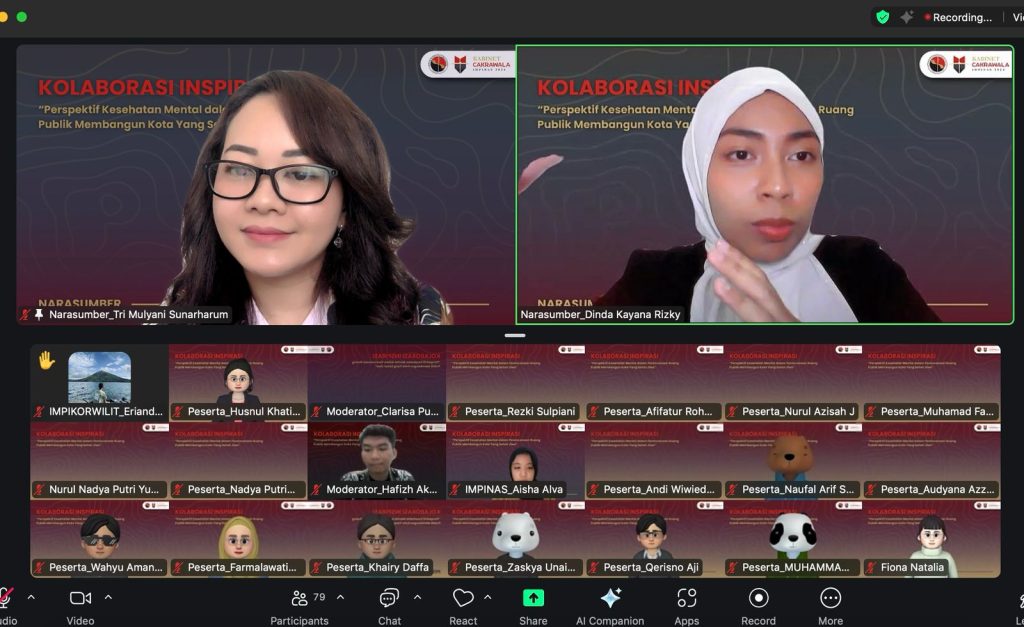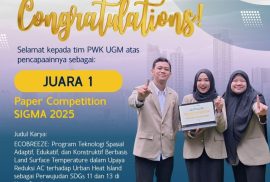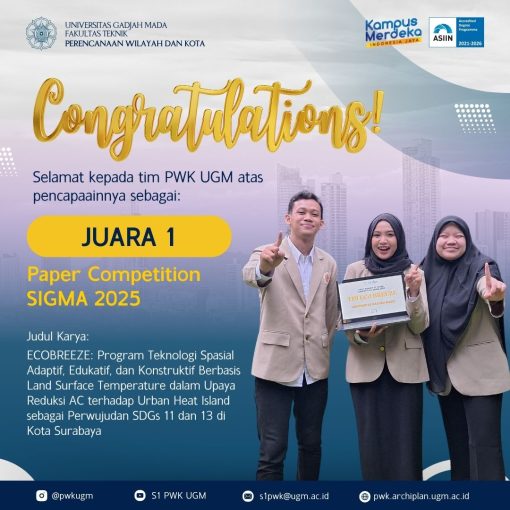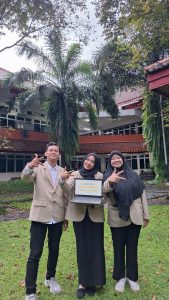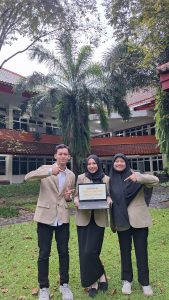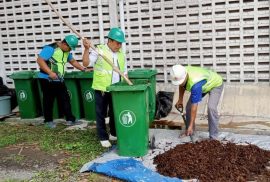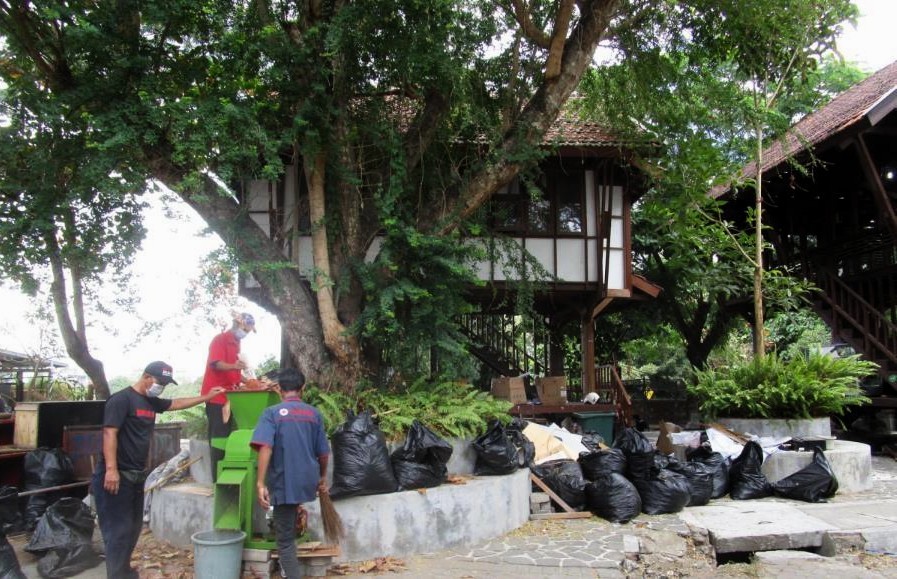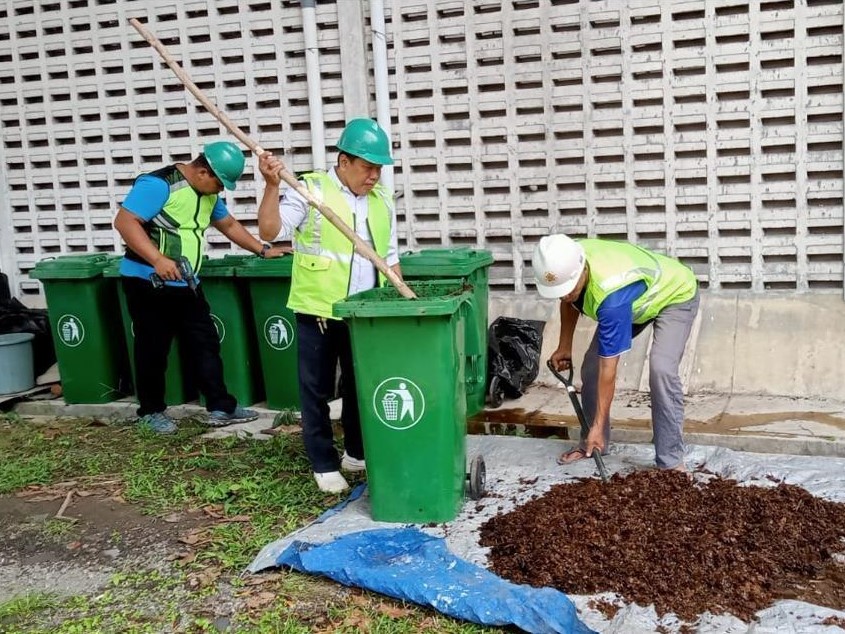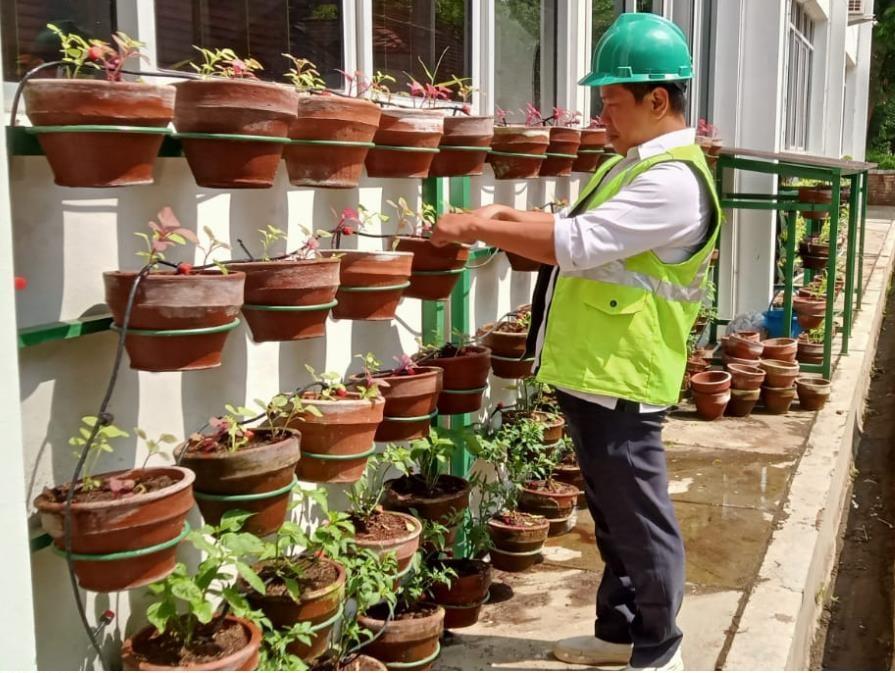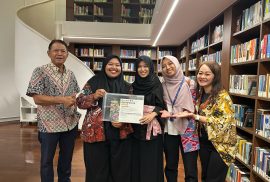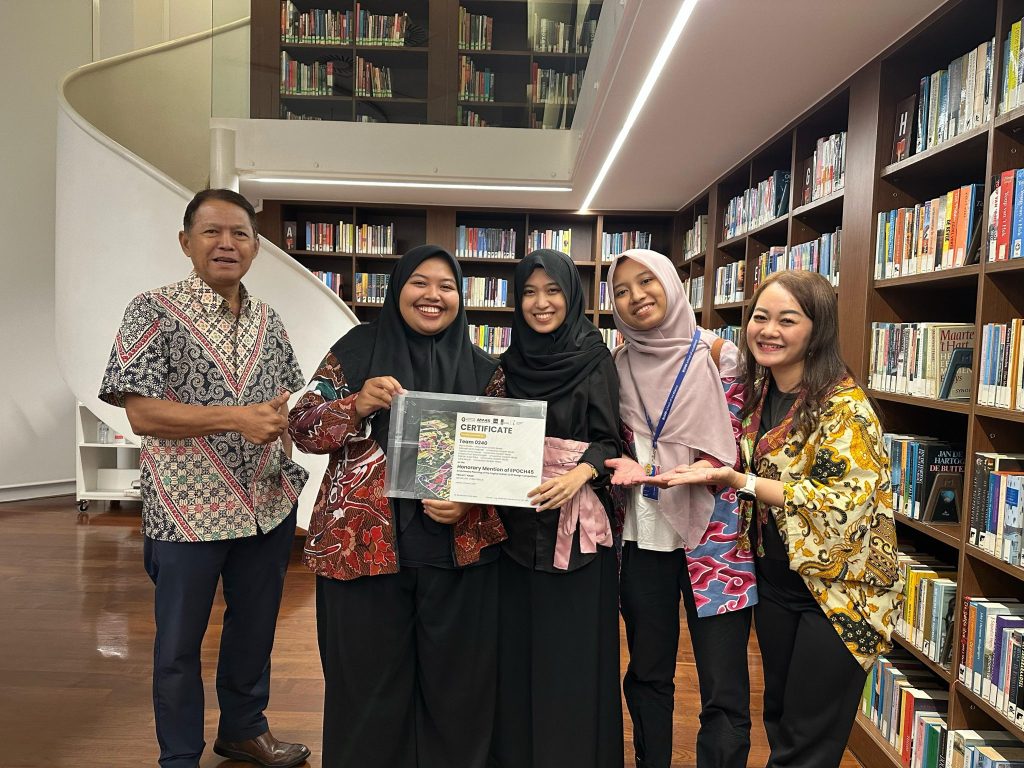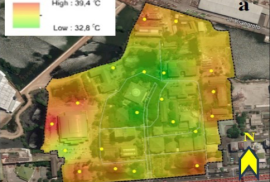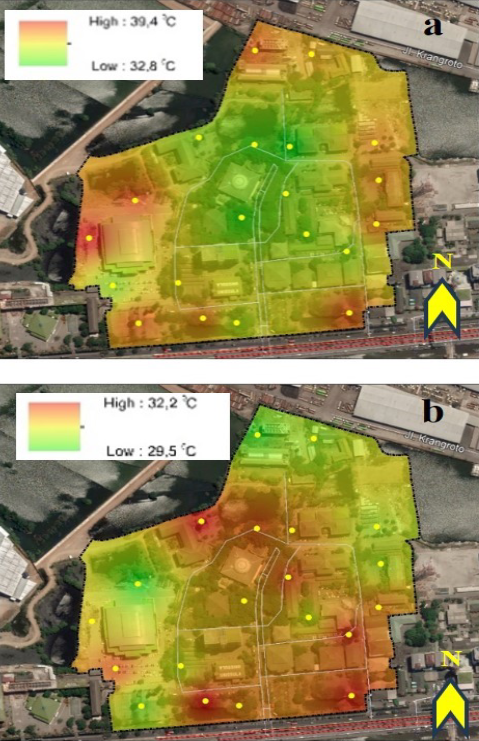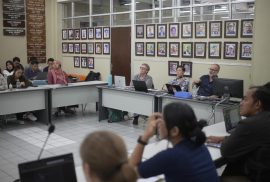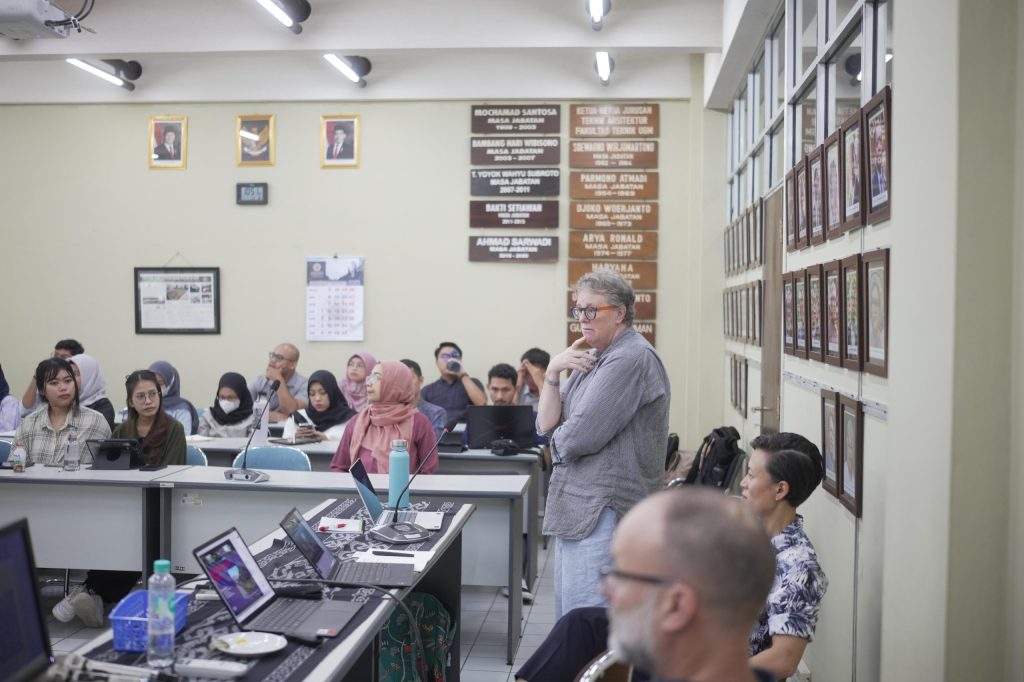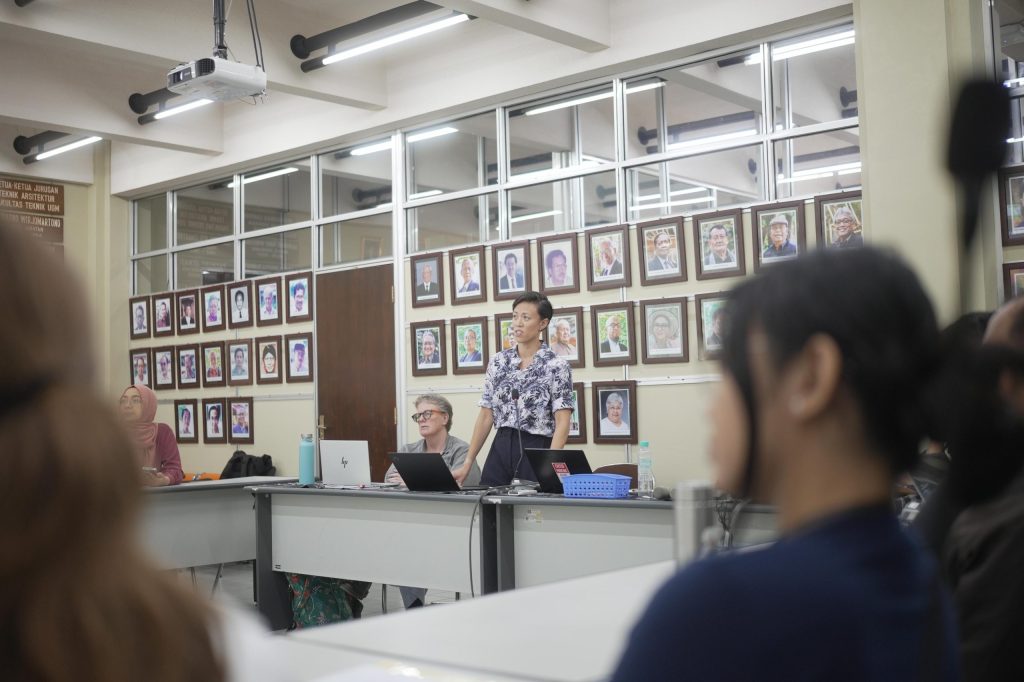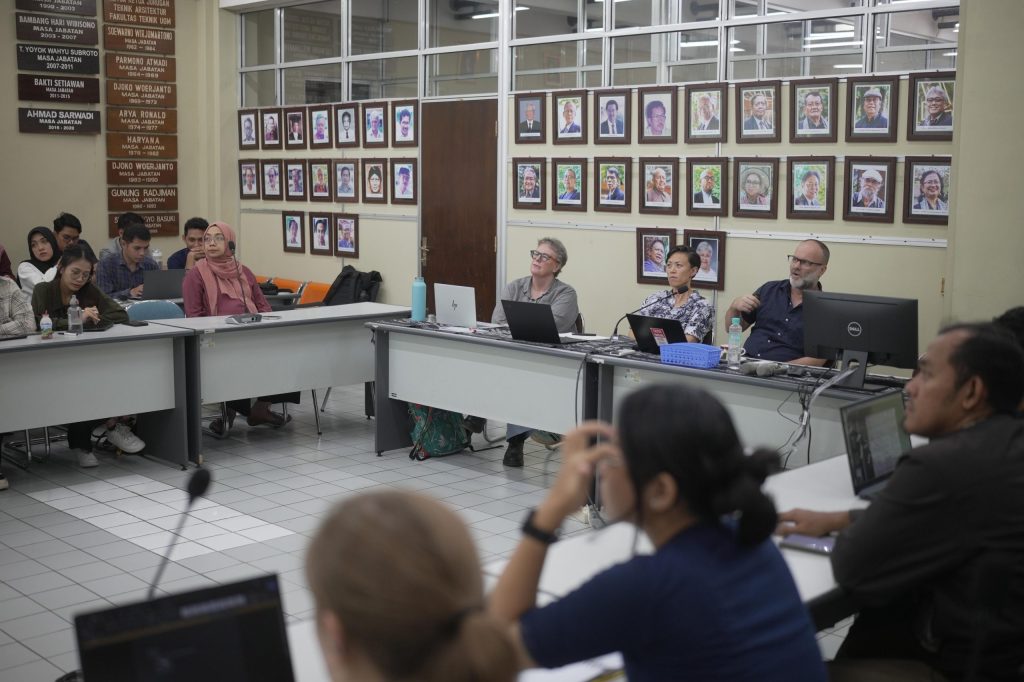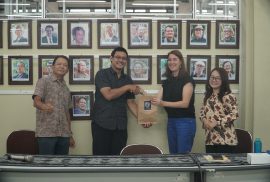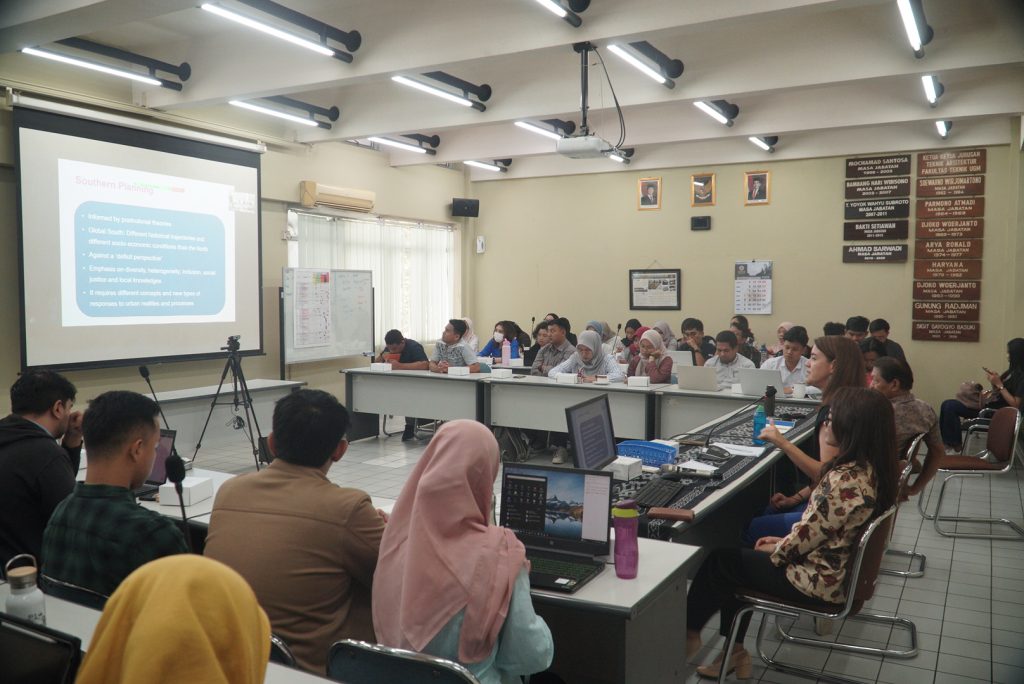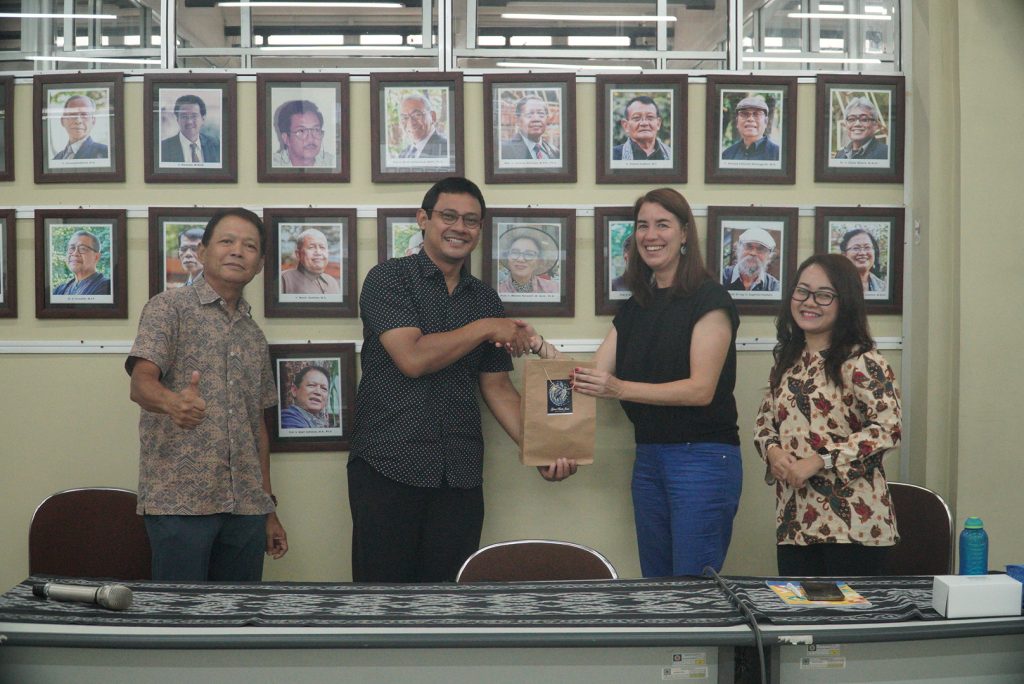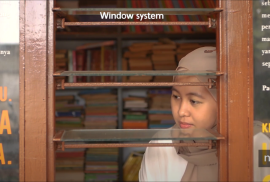PWK UGM Student Contributes to ASIIN International Accreditation at Universitas Brawijaya
ActivityNewsSDGs 4Student AchievementSustainability Tuesday, 25 March 2025
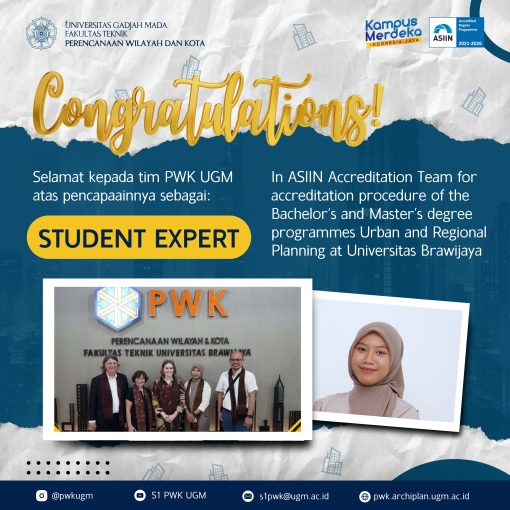
On February 19–20, 2025, Dewi Afiliyani (PWK UGM 2021) had the remarkable opportunity to be part of the expert team in the international accreditation process conducted by ASIIN (Accreditation Agency for Study Programmes in Engineering, Informatics, Natural Sciences and Mathematics) for the Undergraduate and Master’s Programs in Urban and Regional Planning (PWK) at Universitas Brawijaya.
During the assessment, Dewi Afiliyani actively participated in discussions and evaluations alongside the international assessor team, which included academics and professionals from both Germany and Indonesia. The assessment was carried out by experts from renowned institutions, including:
* Prof. Dipl. Ing. Martin Weischer – Münster School of Architecture
* Prof. Dipl. Ing. Cornelia Bott – Nürtingen University
* Yanna Sumkötter, M.A. – ASIIN Project Manager for Civil Engineering
* Dr. Phil. H. Andy Simarmata, S.T., M.Si. – Urban Planner, Researcher, Consultant, and Advocate
Student involvement in international accreditation is an outstanding achievement, as it provides young academic representatives with direct opportunities to contribute to the enhancement of higher education quality in Indonesia. Dewi Afiliyani’s participation in this process is not only a source of pride for PWK UGM but also a testament to the high caliber of students capable of engaging in global standards assessment.
This participation is expected to inspire other students to continue developing their academic and professional capacities on an international scale. Congratulations on this achievement — may it open more opportunities for UGM students to contribute globally!

